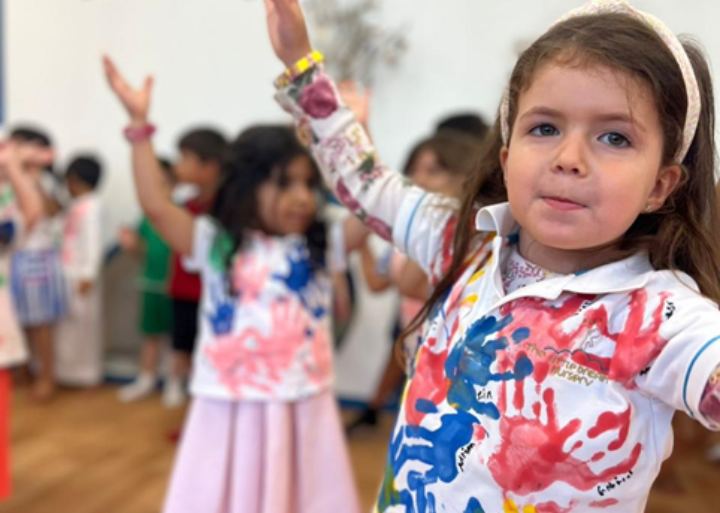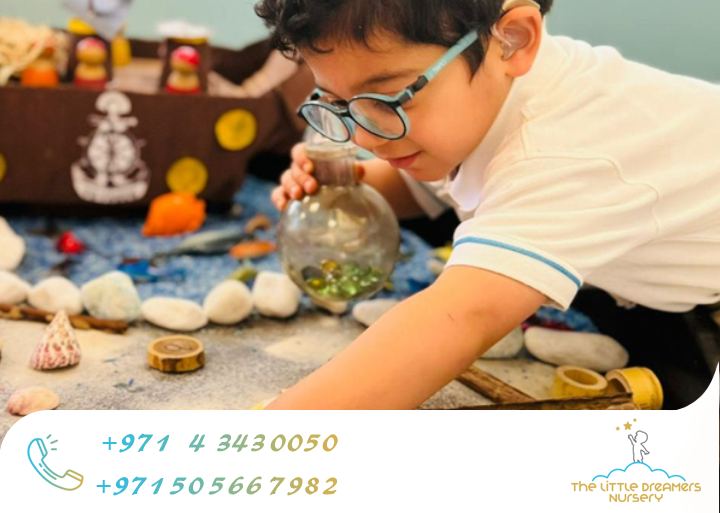The formative years of childhood are undeniably crucial for a child’s holistic development. It is a period marked by rapid growth, both physically and cognitively. However, this phase is also fraught with challenges that can significantly impact a child’s future.
As parents and caregivers, understanding these early childhood challenges and adopting effective strategies is paramount to nurturing well-rounded individuals.
What are the most common hurdles parents and educators encounter during these formative years? How can these challenges be addressed to foster optimal child development? What are three challenges facing early childhood education today?
This article delves into the intricacies of early childhood education issues, providing insights and practical solutions to help parents and caregivers navigate this critical period successfully.
Understanding the Complexities of Early Childhood
Early childhood is a period of immense exploration and learning. Young children are like sponges, absorbing information from their environment at an astonishing rate. While this is a time of wonder and growth, it also presents a unique set of challenges.
Early childhood education challenges are multifaceted, ranging from behavioral issues to cognitive development concerns. Factors such as socio-economic status, family dynamics, and environmental influences can exacerbate these challenges. It is essential to recognize that every child is unique, and their experiences will vary accordingly.

Common Challenges in Early Childhood
Several common challenges emerge during early childhood. These child challenges often intersect and can impact a child’s overall development.
- Behavioral Challenges in Early Childhood Settings
One of the most prevalent challenges faced by parents and educators is managing behavioral challenges. Young children are still developing self-regulation skills, and tantrums, defiance, and aggression are common occurrences. It is important to understand that these behaviors are often a child’s way of communicating their needs or frustrations.
- Consistency and Boundaries: Establishing clear and consistent rules can help children understand expectations. Positive reinforcement can be more effective than punishment in shaping desired behaviors.
- Empathy and Understanding: Children often act out due to unmet needs. Showing empathy and understanding can help calm them down and build a stronger parent-child bond.
- Seeking Professional Help: If behavioral challenges persist or become severe, seeking guidance from a child psychologist or behavior therapist can be beneficial.

- Cognitive Development Challenges Cognitive development encompasses a child’s ability to think, reason, and learn. Delays in this area can manifest in various ways, including difficulty with language acquisition, problem-solving, and memory. It can also lead to challenges facing early childhood education.
- Early Intervention: Identifying cognitive delays early on is crucial. Early intervention programs can provide children with the necessary support to catch up with their peers.
- Stimulating Environment: Creating a stimulating environment rich in sensory experiences can promote cognitive development.
- Reading and Storytelling: Engaging in regular reading and storytelling sessions helps develop language skills and imagination.
- Social and Emotional Challenges: Building strong social and emotional skills is essential for a child’s well-being. Challenges in this area may include difficulty forming friendships, managing emotions, and developing self-esteem.It can affect early childhood education challenges too.
- Social Interaction Opportunities: Providing opportunities for children to interact with peers can help them develop social skills.
- Emotional Literacy: Teaching children to identify and express their emotions can help them build emotional resilience.
- Positive Reinforcement: Praising children for their positive behaviors can boost their self-esteem.
- Physical Development Challenges:
Physical development involves gross and fine motor skills, as well as overall health and well-being. Delays in this area can impact a child’s ability to perform daily tasks and participate in physical activities.
- Regular Exercise: Encouraging physical activity helps develop gross motor skills.
- Fine Motor Skill Activities: Activities like puzzles, coloring, and building blocks promote fine motor development.
- Healthy Diet and Sleep: A balanced diet and adequate sleep are essential for overall physical development.

Overcoming Challenges: A Collaborative Approach
Addressing early childhood challenges requires a collaborative effort involving parents, caregivers, educators, and healthcare professionals. By working together, we can create supportive environments that promote optimal child development.
- Open Communication: Open and honest communication between parents and educators is essential for sharing information and developing effective strategies.
- Early Intervention: Identifying and addressing challenges early on can prevent more significant problems later.
- Positive Reinforcement: Focusing on positive behaviors and providing praise can help children develop a sense of competence and self-worth.
- Patience and Understanding: Children develop at their own pace. Patience and understanding are key to supporting their growth.
- Seeking Professional Help: When faced with significant challenges, don’t hesitate to seek guidance from professionals.
Conclusion
The Little Dreamers Nursery understands the importance of addressing early childhood challenges. Our dedicated team of educators is committed to creating a nurturing and stimulating environment where children can thrive.
We believe in building strong partnerships with parents to support their child’s holistic development. By working together, we can overcome challenges and lay a solid foundation for a bright future.









This is wonderful about the article. The process and techniques are valuable and benefiting for understanding the children and to support them as well. The targeted people, especially the parents and children would be benefitted from the article and the consequence goes for the development of the children.